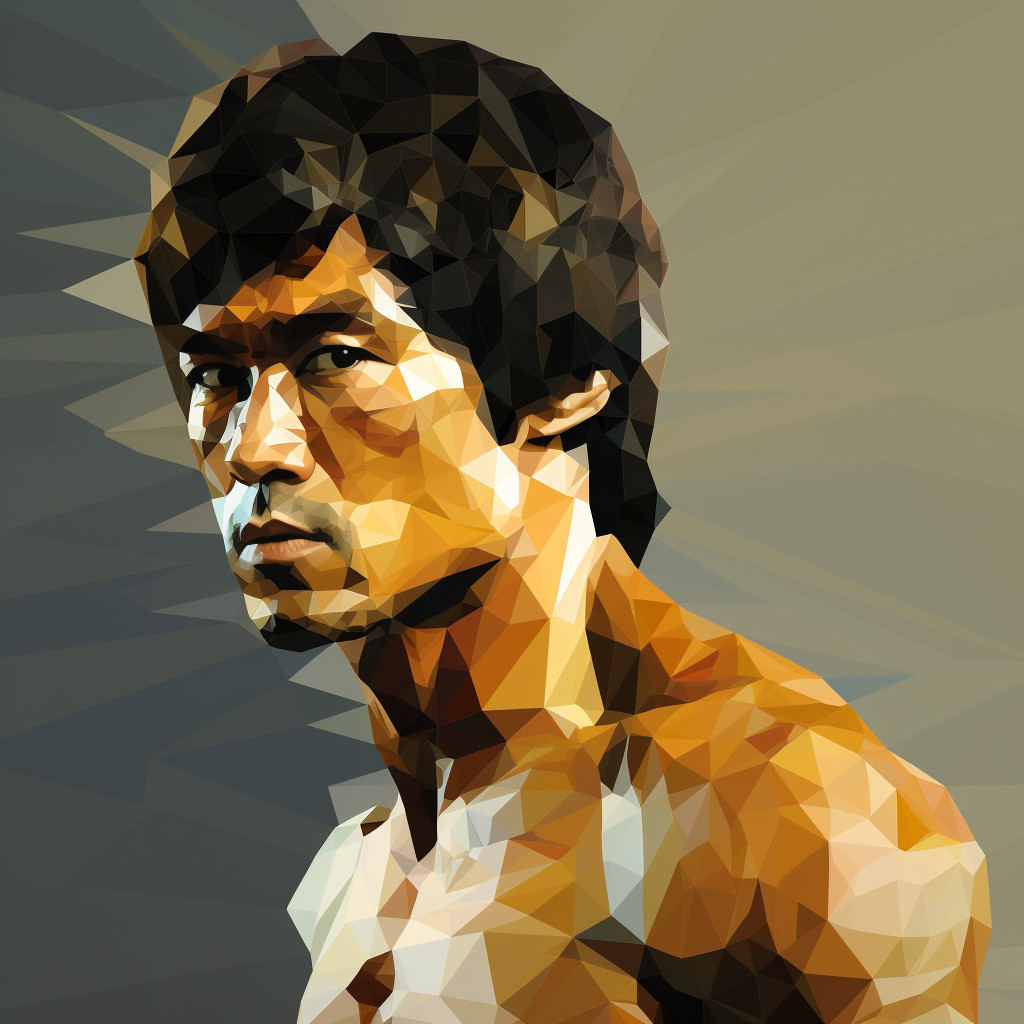This quote suggests that relationships serve as mirrors, reflecting our true selves back to us. They provide a platform for self-discovery and self-understanding, revealing our strengths, weaknesses, beliefs, and behaviors. To exist, according to this quote, is to be in relation to others. It emphasizes the idea that we are social beings, and our identities are formed and shaped through our interactions and connections with others.
The first part of the quote, “Relationship is the mirror in which you discover yourself,” implies that our interactions with others reveal aspects of our character that we may not otherwise see. For instance, how we treat people, how we react to different situations, and how we handle conflicts are all reflections of who we are. Relationships, therefore, provide an opportunity to learn about ourselves, to grow, and to change.
The second part of the quote, “to be is to be related,” suggests that our existence is intertwined with our relationships. It means that our identity, our sense of self, is not isolated but is formed in relation to others. We define ourselves through our roles and relationships – as a friend, a sibling, a partner, a parent, a colleague, and so on. Therefore, our existence is not solitary; it is relational.
In today’s world, this idea is more relevant than ever as we live in an increasingly interconnected and interdependent society. We are constantly in relation to others, whether it’s in our personal lives, our work, or our online presence. Understanding that our relationships serve as mirrors can help us become more self-aware and improve our interactions with others.
In terms of personal development, this quote can be a powerful reminder of the importance of cultivating healthy and positive relationships. By viewing our relationships as mirrors, we can use them as tools for self-improvement. If we see behaviors or attitudes reflected back at us that we don’t like, we have the opportunity to change and grow. Furthermore, understanding that our existence is relational can help us appreciate the value of others in our lives and the impact we have on them. This perspective can encourage empathy, understanding, and mutual respect, which are all crucial for personal growth and development.







